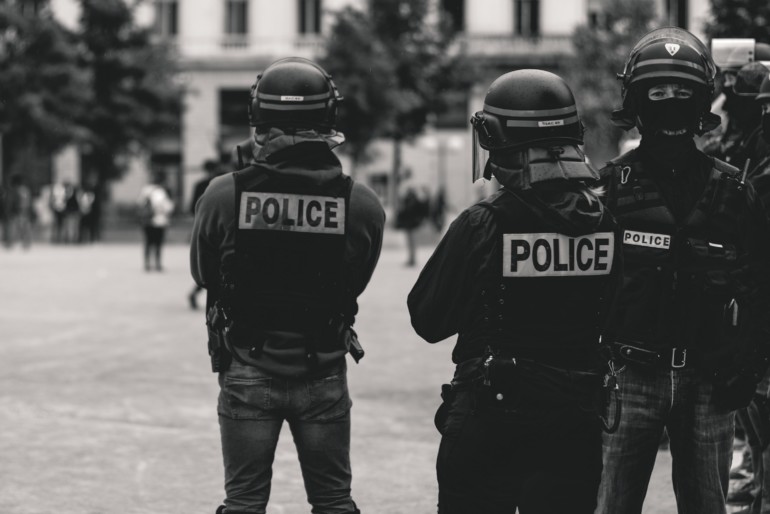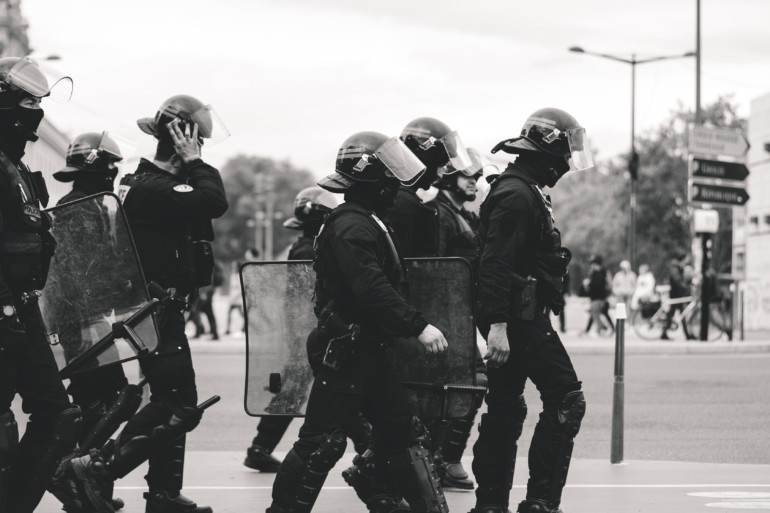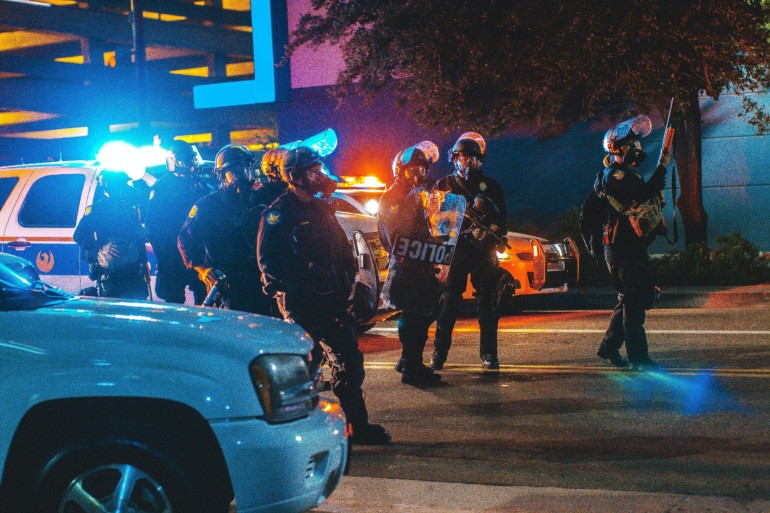How do we fight against injustice while imagining and creating the world we want to raise our children in? This is the question that drives my work as Executive Director of the Lawyers’ Committee for Civil Rights of the San Francisco Bay Area (LCCRSF). I grew up in Danville, a small suburb in the east bay, but my career has taken me around the world and to different parts of our country to advance human rights. The question I ask is shaped by these experiences and through raising my own three children.
It has been nearly half a year since George Floyd was brutally murdered by Minneapolis police kneeling on his neck for 8 minutes 46 seconds. Although the police kill 1000 people a year, watching this murder shattered hearts across this nation. Many have not turned away. I have had the opportunity to speak to many groups who have embarked on learning journeys to understand the systems that led to Mr. Floyd’s murder and each of our roles in perpetuating systems of white supremacy.
In these conversations, I have found one of the areas of greatest misunderstanding is the defund the police movement. This movement is grounded in the same principles that guide my own work — in short, it fights against the injustice of our criminal system and envisions a more equitable community.

A report that we published last month found that Black adults in California are nearly 10 times more likely to be cited for infractions than white adults2 for activities such as jay walking, not having a pet license or loitering. Personally, I have never been cited or even stopped for any of these infractions. Defunding police departments would end a system of racist policing. California spends more than $20 billion in taxpayer money each year — three times more than what’s spent on housing and community development, according to the California Budget Center. Imagine what our communities could look like if even half of that budget was spent on police3 was instead invested in affordable housing, childcare, healthcare, and education. Defunding the police is a reallocation of resources.
Many fear that defunding the police will mean that our public safety will be compromised. However, most police responses are to nonviolent crime. A New York Times review of police departments revealed that less than 1% of police calls were made for serious violent crimes; the overwhelming majority of calls were for things like minor traffic problems, neighborhood disturbances, or homelessness. While police often feel necessary, most issues that are directed to police would actually be better handled by social workers, community mediators, or mental health experts.

We have effective models for what this could look like. With the right resources and investment, groups like Mental Health First are eliminating the need for police by providing non-police mobile peer support, de-escalation assistance, and non-punitive and life-affirming interventions in response to psychiatric emergencies, substance use support, and domestic violence situations that require victim extraction.
In order to dismantle the systems that led to George Floyd’s murder, we will have to dismantle the beliefs that we each hold around safety and the need for police as the central solution to any problem in our community. The battles we take on against injustice begin within each of us. They extend to our neighborhoods where we have the power to reallocate our resources to respond to crisis with support instead of policing. If we commit to working together to create communities where the murder of George Floyd could not be possible, we will find that we have built the very communities we imagine raising our children in.
How to Help
For more ways to support local businesses, go here.


